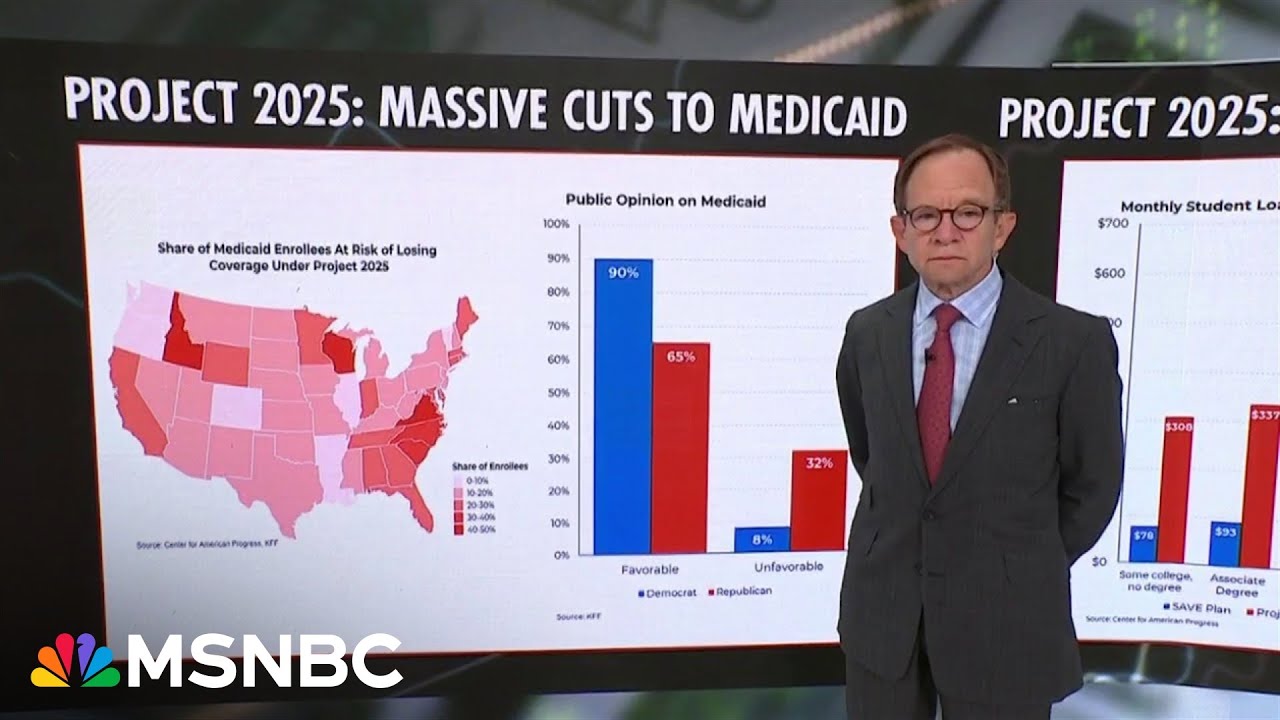Originally by Seth David Radwell at thefulcrum.us
Radwell is the author of“American Schism: How the Two Enlightenments Hold the Secret to Healing our Nation” and serves on the Business Council at Business for America.
This is part of a series offering a nonpartisan counter to Project 2025, a conservative guideline to reforming government and policymaking during the first 180 days of a second Trump administration. The Fulcrum’s cross partisan analysis of Project 2025 relies on unbiased critical thinking, reexamines outdated assumptions, and uses reason, scientific evidence, and data in analyzing and critiquing Project 2025.
There are few better examples of recent generations’ malfeasance, indeed selfishness, than their failure to assume financial responsibilities. For most of my adult life, the federal government has run large deficits, but in recent decades those have ballooned to mind boggling heights — The New York Times reports that we will hit $56 trillion by 2034 given current trends.
Tolerating such as a normal way of doing business masks a simple and uncomfortable truth: We are passing the buck (and bill) to the next generations, who will be forced to pay for our profligacy. (Some call this borrowing from future generations, but I think the term “robbing” is more apropos.)
Yet there is an even more flagrant neglect of our responsibility that became evident in the last 40 years: the reckless, irreparable harm we’ve continued to perpetrate to our planet, long after the indicative data became irrefutable. This often manifests as a denial of the scientific relationship between carbon emissions and a warmer planet. The empirical evidence revealing our careless conduct with respect to the environment has only mounted over this period; yet climate change denialism remains a stubborn reality, especially within the lobbied interests of the fossil fuel sectors.
It is for this reason that Project 2025’s plan for the Department of Energy was so distressing. (Here’s more on the Heritage Project’s plan for Donald Trump’s return.)
The gist of the 50-page blueprint for the DOE proposes slashing federal money for research and investment in renewable energy, and calls for the next president to “stop the war on oil and natural gas.” Carbon reduction goals would be replaced by efforts to increase energy production and security. In an absurd twist of logic, the report blames the “new energy crisis … on extreme ‘green’ policies” even as U.S. oil production is at an all-time high. The Project 2025 report states:
The new energy crisis is caused not by a lack of resources, but by extreme “green” policies. Under the rubrics of “combating climate change” and “ESG” (environmental, social, and governance), the Biden Administration, Congress, and various states, as well as Wall Street investors, international corporations, and progressive special-interest groups, are changing America’s energy landscape. These ideologically driven policies are also directing huge amounts of money to favored interests and making America dependent on adversaries like China for energy. In the name of combating climate change, policies have been used to create an artificial energy scarcity that will require trillions of dollars in new investment, supported with taxpayer subsidies, to address a “problem” that government and special interests themselves created.
The irony is that the very capitalist model uniquely capable of stimulating the innovation required to promulgate solutions to the climate crisis is normally championed by Heritage.
As I recently wrote, businesses live by a simple equation: They grow profits (the margin between revenue and costs) to satisfy their shareholders. But these same firms wriggle out of bearing the costs of the carbon they emit, by instead deflecting those costs to society as a whole. Without correction, these externalities or social costs will not be calculated or accounted for in their costs of production.
The good news is that there are many corrective measures available, such as carbon pricing and trading mechanisms, that can ensure the producers assume responsibility for their carbon costs. The capitalist innovation machine can be directed through competitive incentives once the carbon costs are internalized and the profit motive can then be used to produce the same products and services whilst emitting less carbon. With proper regulation (which should not be construed to mean over-regulation), the market winners amongst rivals providing a good or service, ceteris paribus, would be the ones with the lowest carbon emissions.
It is so curious therefore, that Heritage, with a reputation for fostering innovative market solutions, fails to mention any of this in its discussion of the appropriate mandate for the DOE under a second Trump administration. Economists have published reams of research indicating that enforcing a mechanism to price carbon emissions would be a relatively low intrusion mechanism to foster the development of competitive alternate (and greener) energy sources.
At the same time, it is imperative that climate change activists understand the need for gradual introduction of such mechanisms given our current dependence on fossil fuels. It is precisely this balanced thinking that is lacking in Project 2025. Instead of denying that climate change is a problem, smart public policy can drive the fossil fuel industry itself to adapt and shift resources to developing greener energy sources, as the consumption of traditional fossil fuels moderates. (Fossil fuel production is unlikely to decline for some time, given the growth in energy consumption coming from third world countries; however, its growth could be slow).
Consequently, the genuine bipartisan approach here would be to cease climate change denial as a political movement, and agree to correct the externalities in ways that bring the fossil fuel industry onboard.
By completely omitting this pivotal discussion, Project 2025 demonstrates yet again how the partisan orthodoxy in promulgating climate change denialism crowds out rational solution development by more thoughtful and centrist problem-solvers.
Despite its geopolitical complexities both domestically and internationally, combating climate change should be the next generation’s calling. Since the establishment of our Enlightenment inheritance over 200 years ago, we have repeatedly opened up new chapters in which unleashed human potential has raised prosperity to new heights; in this next chapter, the benefit would not only further human prosperity, but the prosperity for all living things.
Read the Original Story




